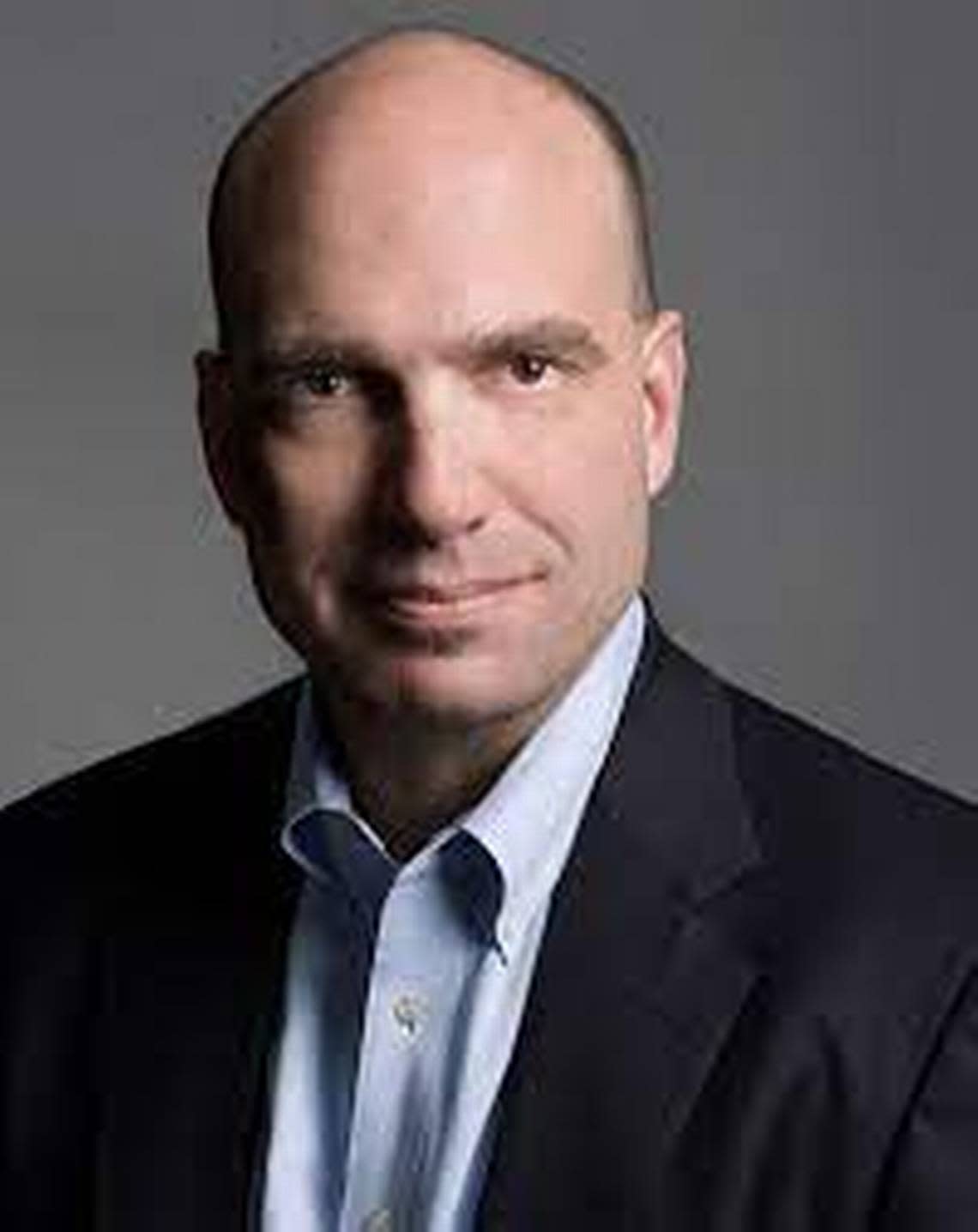We’ve got to stop falling for the myth of the founder who can’t fail | Guest Opinion
Americans have been hyping entrepreneurs since the dawn of the nation. Credit — or blame — probably belongs to Benjamin Franklin.
Between 1771 and 1790, while war and the founding occupied much of his time, Franklin perfected the ultimate press packet for a businessman he greatly admired: himself. “The Autobiography of Benjamin Franklin,” published in French in 1791 and English in 1793, is the original text from which all self-made-hero stories, all stories of quirky innovators and all do-well-to-do-good stories derive.
I don’t know if children still get a heaping dose of Franklin. My classmates and I loved him: the plucky pauper surviving on loaves of bread who catches the eye of a passing maiden; the printer’s apprentice who builds a publishing empire on the back of an advice column written in the voice of a fictional woman; the self-taught scientist trying to catch lightning with a kite and a key. As a philanthropist, Franklin invents fire departments and public libraries and other vital organs of happy communities — all while speaking in deathless witticisms and bracing adages.
The story became a template for generations of hagiographies: Andrew Carnegie, Thomas Edison, Henry Ford, Milton S. Hershey. The list goes on: America’s appetite for self-reliant up-and-comers is bottomless. Some age better than others. Franklin’s story has held up fairly well; Ford turned out to be a deranged antisemite. But all of them upheld the basic requirements of getting rich and giving lots away. Which can’t be said of some newer models.
Enter Sam Bankman-Fried. As recently as Halloween, this boy plutocrat with the shaggy bro-’fro was a freshly minted paragon of greed in the service of good. He had supposedly built a better mousetrap, and the world had indeed beaten a path to his door. His net worth had reached that exalted state where it was hard to pin down to the nearest billion. But SBF, as he was widely known, had scarcely rolled off the mythmaking assembly line before the wheels came off.
Tumbling down the well-worn staircase from brilliant to colorful to embattled to disgraced, Bankman-Fried landed in a pile of battered demigods. Remember Elizabeth Holmes, the turtlenecked 20-something who pretended to disrupt the blood-testing industry? Prison sentence. Remember Adam Neumann, the WeWork founder who claimed real estate was a tech play? Bounced from his company (though under a gargantuan golden parachute). Remember Elon Musk? Oh, right: He won’t let us forget him, as he very publicly sheds his crazy-like-a-fox persona to reveal his true crazy-like-a-crazy-person self.
Journalists would be wise to write profiles of modern moguls in disappearing ink — there’s less of a record to correct when the story falls apart. But that advice invites the question: Why are the mythmakers getting so much wrong? It’s one thing to realize that IBM’s president Thomas Watson erred in selling data-processing services to the Nazis; at least IBM was real. Today’s recurring theme is overhyped creators of overhyped companies.
The problem boils down to two facts, both having to do with the tech revolution. First is the not entirely unfounded belief that new technology is for young people. Any parent who asks a kid to Photoshop the family holiday card can relate to this — and so can the relative oldsters who run venture capital firms (and the desperate pension funds that play in their casinos). They are suckers for the spiels of the young because they believe only the young can perceive the next new thing.
The second fact flows from the first. The more mysterious the product, the more credible the business. The credulity of investors and business writers in the face of this reasoning is astonishing. They’ll believe a kid in a T-shirt (Bankman-Fried) can run a major financial exchange between video games. They’ll believe losing millions of dollars per day in real estate equals a high-growth tech company (Neumann). They’ll believe in a tunnel across Missouri filled with super-fast hover cars (Musk).
Portraits of rich people have always been distorted, their best features exaggerated, their flaws retouched. But in earlier times, the shrines were built on something real: Carnegie’s steel. Hershey’s chocolate. The soda pop, razor blades and insurance policies of Warren Buffett. No longer. Today, all it takes to be celebrated as an entrepreneur is a gullible investor who draws others into a FOMO frenzy. Fear of missing out, that is.
Ben Franklin, who taught us to earn and save a penny at a time, would not approve.
David Von Drehle is a deputy opinion editor for The Post and writes a weekly column.
The Washington Post

